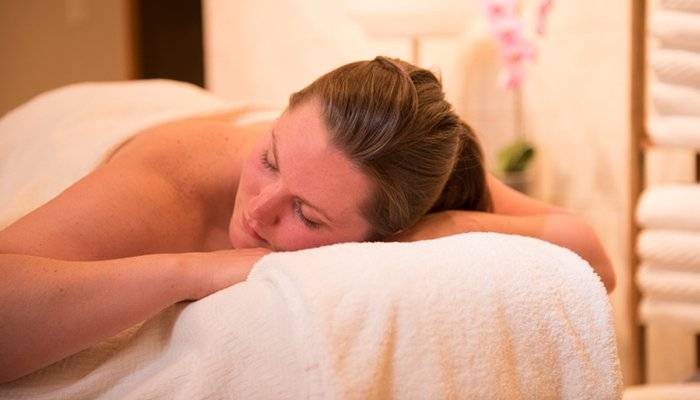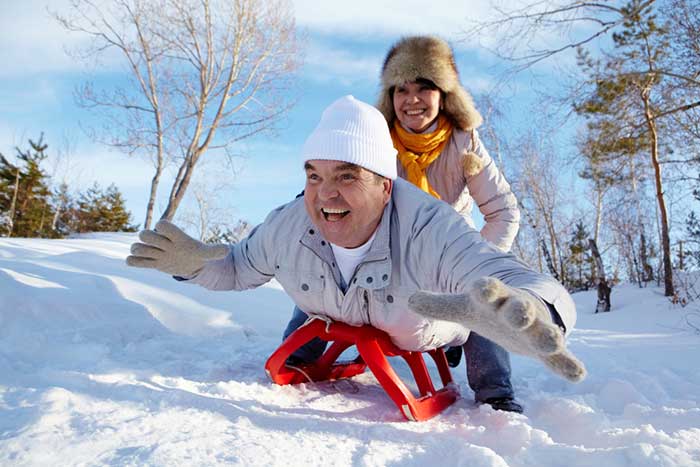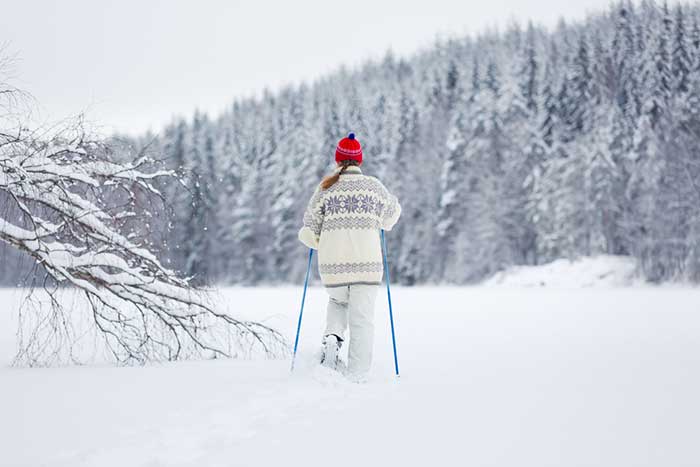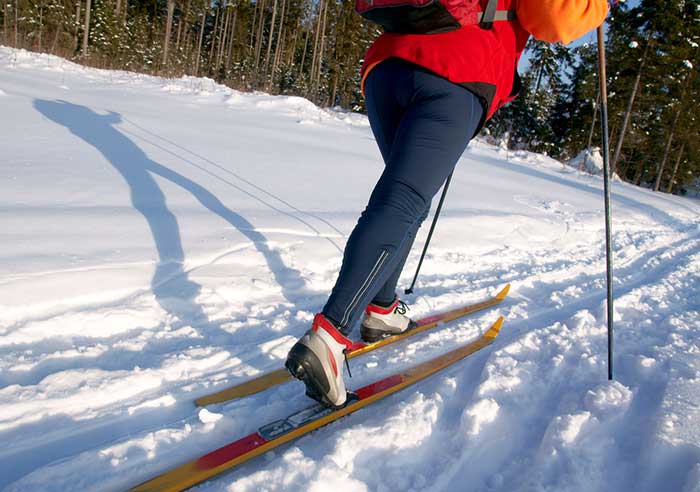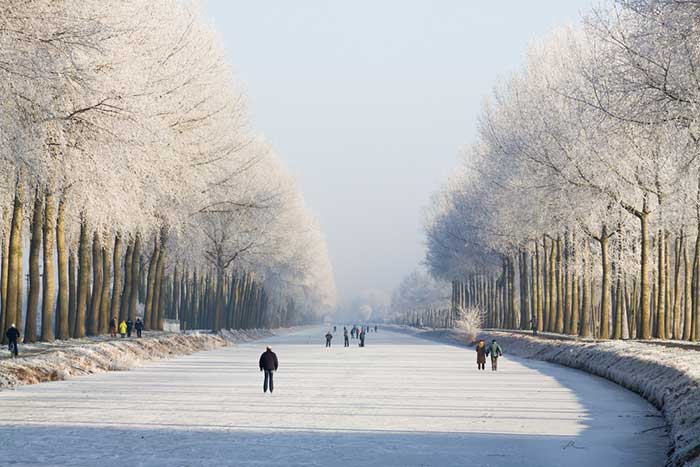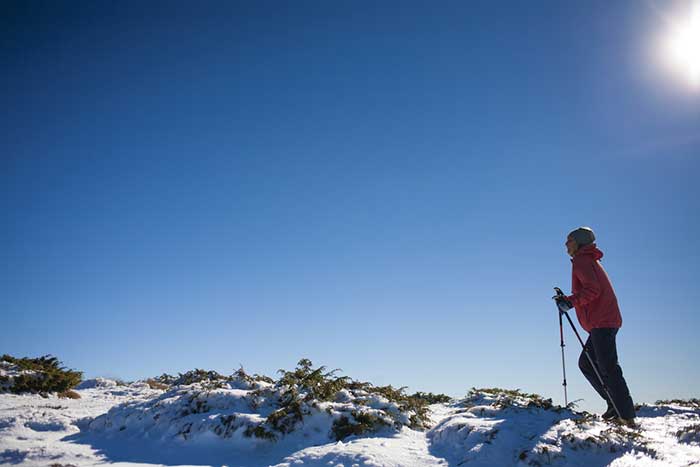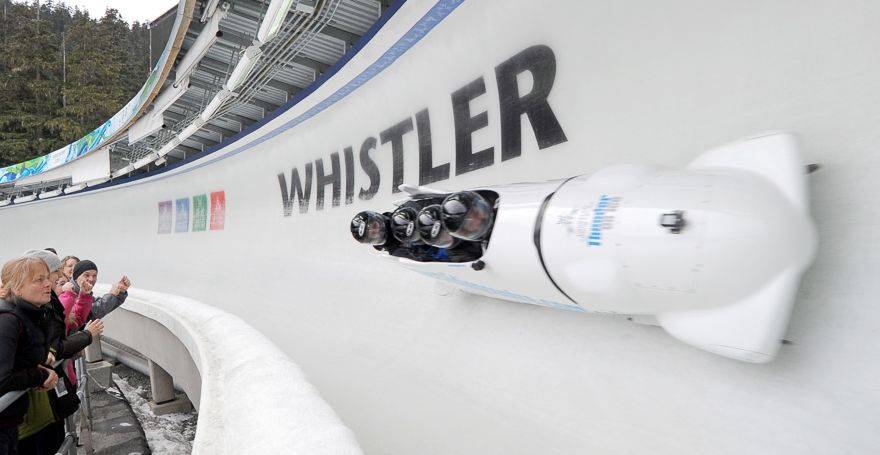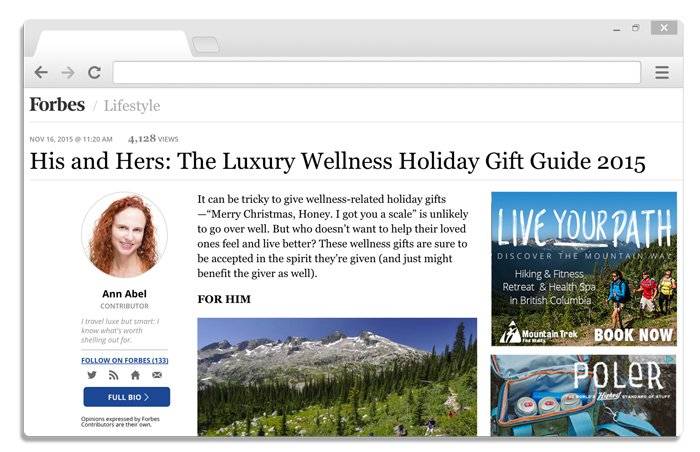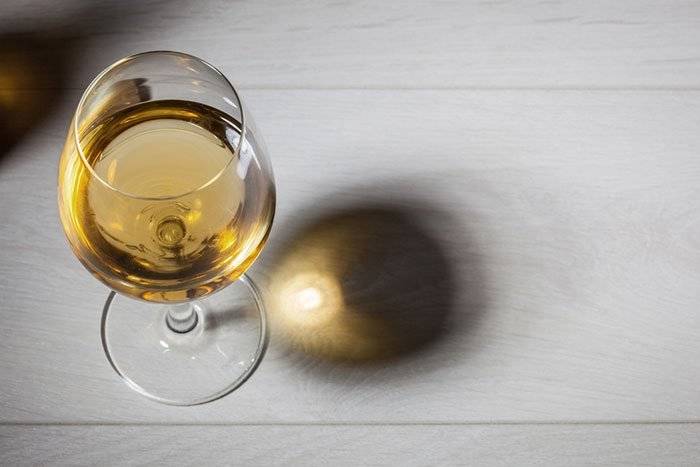10 Tricks to Stick To Your New Year’s Resolutions

Halfway through January is when most people start falling off the wagon and foregoing all the resolutions they made on New Year’s Eve. But with these 10 easy-to-follow guidelines, you can have a better chance of sticking with your resolutions and watching them become healthy habits you’ll enjoy for a lifetime.
1. Be Specific
Don’t be vague. If you resolve to lose weight, write down your fitness goals. How many pounds do you want to lose? What number of steps will you take in a day? How much more flexible do you want to be? Exactly what do you wish to achieve out of your yoga practice?
2. Be Positive
Not just optimistic. It’s easier to eliminate a bad habit when you replace it with a better one. So, if your resolution involves “no more chocolate bars at work,” make “pack a healthy snack to take to work every day” part of the resolution.
3. Write Down Your Goals
There’s an air of permanence when you write something done. Plus you can review them whenever you want to help stay on track.
4. Hold Yourself Accountable
Tell your friends about your resolution, join or form a like-minded group, score yourself on a chart– whatever works for you to make yourself feel accountable for success and failure.
5. Don’t Be Afraid To Ask For Help
This can be tough for many of us, but when we do ask for help, help comes. Our tasks become easier. What a relief!
6. Allow Yourself a Trial Run and be Flexible
Not every resolution is perfect right out of the gate. Give yourself a two-week or one month trial run to work out the kinks. This allows you to stumble a bit and tweak your goals to something better suited for success.
7. Visualize The End Result
Focus on the carrot, not the stick. If you’re having trouble staying motivated, focus on what you’ll get from your end goal—whether that’s feeling better at a lower weight, being able to impress your friends with your new drumming skills, or just being able to take a deep breath now that you’ve quit smoking. Staying positive seems like common sense, but it can be hard when you’re in the middle of a big plateau.
8. Choose Goals That Are In Line With What YOU Want
Your resolutions should be deeply valuable to you, first and foremost. When we set resolutions that are driven by our desire to please others, we are doomed to fail.
Bad resolution: “My wife thinks I’m lazy, so I resolve to wake up earlier and exercise before work.” Good resolution: “I’ll wake up earlier and exercise before work because it makes me feel great throughout the day.”
9. Learn Something New
Step out of your comfort zone. If your goal is to exercise three or four times a week, take a risk and enroll in a fitness class you’ve never taken before. Or if you want to improve your marriage or partnership, consult with a relationship therapist or life coach.
10. Book A Life-Coaching Session
Whether a professional athlete, career professional, or a professional mom, we all need coaching to be our best. While at our retreat in British Columbia, our caring staff and remote location make it easy to immerse into a genuine health transformation. However, back home, without accountability, it’s easy to fall out of a healthy routine.
Mountain Trek is now offering Balanced Health coaching with our program director, Kirk. If you are struggling to maintain your health back home or feel like you need a partner to work through things and hold you accountable, sign up for a free 30-min consultation to see if Balanced Health coaching is right for you.
What is Mountain Trek?
Mountain Trek is the health reset you’ve been looking for. Our award-winning health retreat, immersed in the lush nature of British Columbia, will help you detox, unplug, recharge, and roll back years of stress and unhealthy habits. To learn more about the retreat, and how we can help you reset your health, please email us at info@mountaintrek.com or reach out below:



